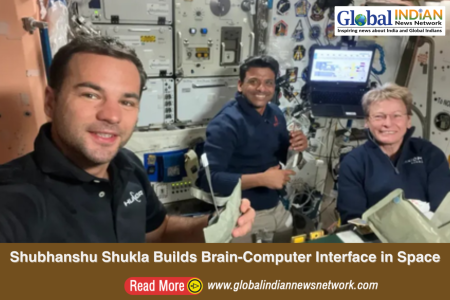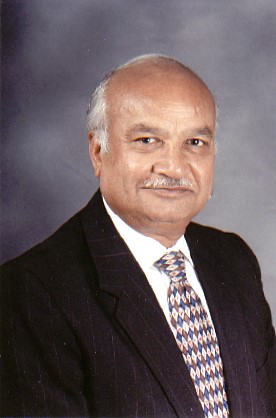
During a public event held at the Richard Nixon Foundation in Yorba Linda, California, Vivek Ramaswamy, a Republican presidential candidate, underscored the centrality of “America First” in his foreign policy approach. Ramaswamy expounded on his intention to fuse the Modern Monroe Doctrine and Nixon’s doctrine into the United States’ foreign policy framework, should he secure the presidency.
Ramaswamy expressed his commitment to steer the nation away from neoconservatism and liberal internationalism towards a defense strategy that prioritizes safeguarding the homeland. As the first Republican presidential debate drew near, the Indian American candidate dedicated his efforts to outlining his vision for advancing the nation’s growth and interests domestically and globally.
He outlined two distinct foreign policy approaches—one aimed at China and Russia and the other tailored for the rest of the world. Emphasizing the importance of the Modern Monroe Doctrine in countering the influence of China and Russia in global affairs, Ramaswamy stressed its role in “protecting our hemisphere” from challenges posed by great powers like China and Russia, as well as non-state actors like terrorists and cartels. He addressed concerns about China and Russia’s collaborative military efforts and China’s espionage activities against the United States.
For the remaining parts of the world, Ramaswamy proposed a new iteration of the Nixon Doctrine, advocating for US allies to bear their security burdens and provide primary manpower for their defense, with the US acting as the last line of defense if needed. He championed realism over moralism as a guiding principle.
The 37-year-old candidate pledged to conclude the conflict in Ukraine if elected, reallocating resources currently allocated to Ukraine toward securing the US-Mexico border. He firmly stated his refusal to deploy military resources to defend against invasions on foreign soil, prioritizing defense against incursions across the southern US border.
Ramaswamy asserted that in foreign policy, all parties must benefit from agreements—a stance rooted in realism and truth. He elaborated on his strategy to resolve the Ukraine conflict by addressing the interests of both Russia and the US. On US-Russia relations, he acknowledged mutual distrust between the two countries and disclosed his intention to visit Moscow during his first year in office in 2025, drawing a parallel to Nixon’s visit to China.
Throughout his engaging speech, Ramaswamy, the child of immigrant parents, emphasized his views on illegal immigration, asserting that immigrants should not break the law upon their initial entry into the country.
His consistent public appearances yielded positive results, as indicated by a recent Emerson College poll. The poll showed Ramaswamy in a tie for second place in the Republican presidential primary, sharing 10 percent of the vote with Florida Governor Ron DeSantis. They both trailed former President Trump, who led with 56 percent of the vote.










